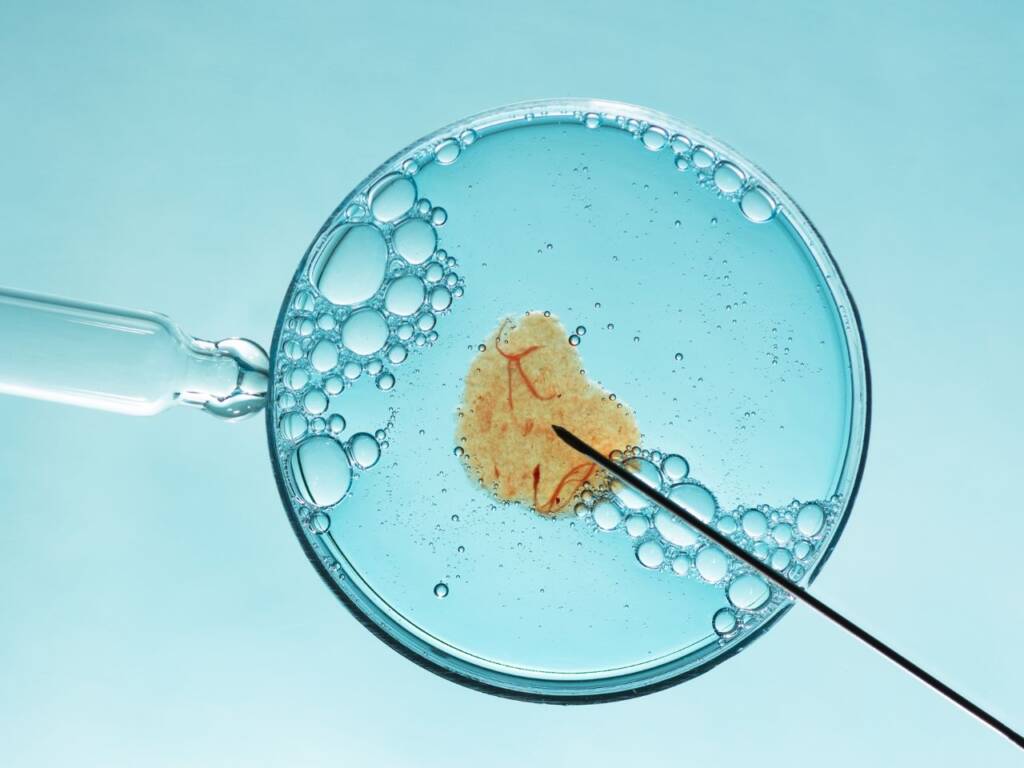Struggling with infertility? Intrauterine Insemination (IUI) is a minimally invasive procedure that offers hope for couples facing challenges in conceiving. This guide provides a deep dive into what IUI is, who it helps, and how it works.
What is IUI?
IUI, or Intrauterine Insemination, is a fertility treatment that involves injecting a processed semen sample directly into the uterus. By bypassing obstacles in the reproductive tract, it increases the chances of sperm meeting the egg, improving the likelihood of conception.

Who Can Benefit from IUI?
IUI is ideal for individuals with:
- Unexplained infertility where no specific cause is identified.
- Endometriosis (Grade 1 and 2) affecting the reproductive organs.
- Ovulatory factor infertility, including PCOS, thyroid disorders, and obesity-related issues.
- Donor sperm requirements for single women or same-sex couples.
- Mild male factor infertility with sperm counts between 5–10 million.
Prerequisites for a Successful IUI
Before undergoing IUI, ensure:
- Good ovarian reserve (AMH levels of 2–3.5).
- At least one patent fallopian tube.
- Sperm count exceeding 5 million.
- Normal uterine receptivity for implantation.
- No vaginal infections.
How is IUI Performed?
- Hormonal medications stimulate ovulation.
- Ultrasound monitors follicular development.
- Semen is collected, processed, and injected into the uterus using a catheter.
- The procedure is painless and completed within minutes.
IUI Treatment Cycle and Rest Period
A maximum of three cycles is recommended. After the procedure, resting for 15 minutes enhances comfort but doesn’t impact success rates.
Medications After IUI
Post-procedure, progesterone supplements are prescribed to support uterine lining and early pregnancy.
Reasons for IUI Failure
Factors include:
- Female age over 35 leading to poor egg quality.
- Male age over 40 affecting semen quality.
- Prolonged infertility.
- Low sperm count or active infections.
What’s Next After a Failed IUI?
If IUI is unsuccessful, your doctor might suggest:
- Hysteroscopy or laparoscopy to diagnose and treat underlying issues.
- IVF or ICSI, advanced fertility treatments with higher success rates.
Complications of IUI
While rare, multiple pregnancies can occur due to ovulation stimulation medications.
FAQs About IUI
Success rates range from 10–20% per cycle, depending on age and health factors.
It’s a minimally invasive and painless procedure.
The procedure itself takes 5–10 minutes.
Yes, light activities are encouraged after resting for 15 minutes.
Costs vary depending on the clinic and medications required.
IUI offers hope and an effective option for couples dreaming of parenthood. With advancements in fertility treatments, success stories continue to inspire and empower those facing challenges. Consult your fertility specialist to explore if IUI is the right step for your journey.


